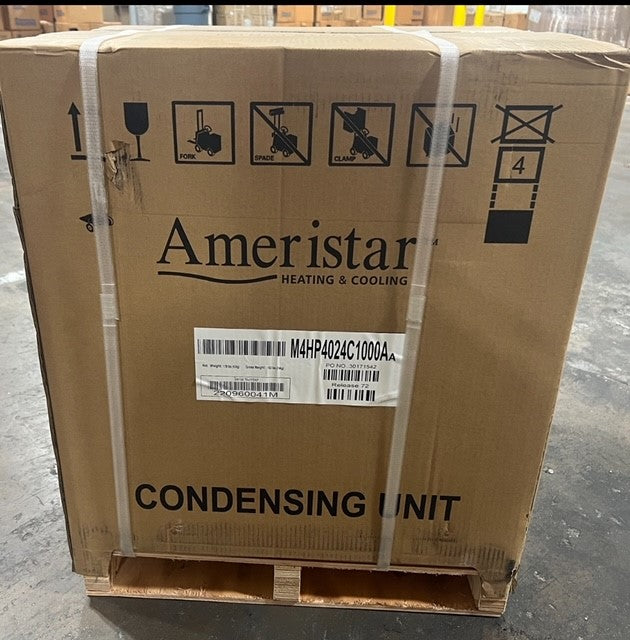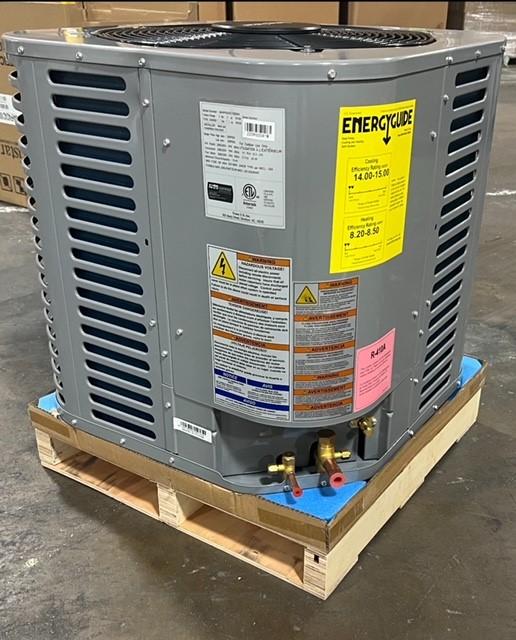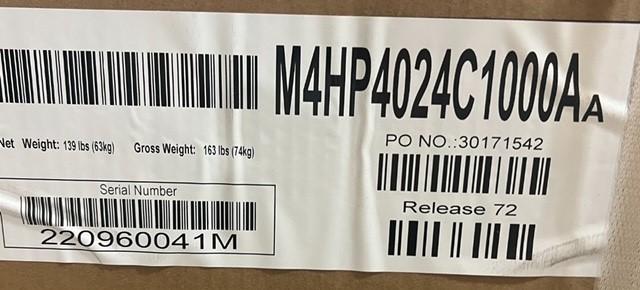***UNIT INCLUDES A MANUFACTURER WARRANTY. REGISTER YOUR UNIT WITH THE MANUFACTURER FOR DETAILS***
Product Details
Product Details
***UNIT INCLUDES A MANUFACTURER WARRANTY. REGISTER YOUR UNIT WITH THE MANUFACTURER FOR DETAILS***
Specifications
Specifications









